Acne is a rite of passage, but that doesn’t make it any more bearable. After all, it’s not like you can ignore it and it disappears. With acne, the struggle is real, and you need to fight.
So, what’s your plan of attack? Face washes, benzoyl peroxide, Vitamin A creams, witch hazel, antibiotics? All of the above, probably, but what about supplements?
Acne is an inflammatory condition. It is caused by several factors, including hormonal and metabolic changes, oil gland activity, and genetics. Find out which natural vitamins and minerals can help to control these factors and get keep the acne from getting the better of you.
Zinc
Zits can be the pits. Zinc is a mineral that can be taken orally or topically to help keep them to a minimum.
When it comes to the fight against acne, zinc is one of the most fearless opponents. Not only does zinc kill the bacteria that lead to acne, bacteria cannot form a resistance to zinc, which means even the most resilient bacteria is helpless against it.
Zinc also protects against the inflammatory effects of bacteria. When bacteria invade a pore, it can result in severe irritation. Pimples can turn red and painful and acne prone skin is even more likely to be affected by bacteria than normal skin. That’s where zinc comes in. It subdues the bacteria and reduces the inflammation it causes leaving skin cool and calm.
Thinking of joining Team Zinc? Zinc is available in many forms, some are more bioavailable than others. When buying zinc supplements zinc picolinate and zinc methionine are the most body-friendly and probably the best ones to try.
B-Vitamins
Looking to save some face when you have acne? With the vitamin B crew on the case, your days of zit-popping are over.
B-complex vitamins not only help heal acne, they help fight stress. Stress causes acne, and acne causes stress, so with B-complex vitamins, you’re giving acne the one-two punch.
The reason we love B-complex vitamins is that they work together and complement each other, but when it comes to acne prevention, the main player is Vitamin B5 or Pantothenic Acid.
Vitamin B5 is effective at fighting acne because it deals with the hormonal imbalances that are at the core of acne formation in most individuals. It plays a major part in the production of Coenzyme A, which metabolizes skin oil in the body essential for fighting greasy buildup. B5 also improves circulation of cells involved in wound healing and adrenal function, to promote the turnover of healthy skin cells in acne affected areas.
Selenium
Selenium is an antioxidant that protects other antioxidants, which makes it the perfect partner for zinc. Taken alone, selenium won’t treat acne, but pair it with zinc, and you have a dynamic duo.
Selenium works with other antioxidants to decrease acne-associated inflammation. However, it also has its own healing power. Selenium’s anti-inflammatory properties can improve acne symptoms and contribute to a healthy immune system. It also improves the elasticity of skin which can lead to acne scars and mops up free radicals that can damage skin.
The recommended dose for selenium used to treat acne is 200 micrograms a day, but keep in mind, selenium works best when paired with others. Be sure to take it along with a strong zinc or vitamin E supplement to get the most from both vitamins.
You can also obtain selenium in a variety of food sources, especially nuts, seeds and legumes.
Vitamin A
Vitamin A, or retinol, is the gold standard in acne treatment. Accutane, Retin-A, and Differin are the heavy hitters when it comes to treating acne with Vitamin A by stimulating rapid skin growth, but there are other forms of Vitamin A that don’t require a doctor’s prescription.
Generally, it is more important to nourish the skin with Vitamin A topically than orally. Here are a few of the types of vitamin A that are commonly found in skincare products:
- Pro-Retinol: Pro-Retinol is the marketing name for retinyl acetate. Although it can be converted to Vitamin A by the skin, much of it does not get fully absorbed by the skin, meaning a good deal of it will remain unused.
- Retinyl Palmitate: Retinyl palmitate is stable and can be converted to Vitamin A by the body, making it a pro in acne fighting lotions.
- Retinol: Retinol is the vitamin A that is transported through the bloodstream into the human body, However, it is very sensitive to oxygen and is not recommended for use in products that are typically exposed to air. To get results, look for retinol in a tube. Retinol in a tube is likely to be stable, retinol in a jar is likely not to be.
If you want to supplement your topical vitamin A’s, here are a few excellent food sources to help with acne:
- Beta Carotene: If you want to eat your way to better skin, try some beta-carotene filled foods. Beta-carotene is usually inactive in the body, but when needed, your body converts it to retinol to give your skin the acne fighting muscle it needs. Beta-carotene is also the mineral that gives fruits their vibrant colors, so look for it in carrots, leafy greens, squash, sweet potatoes, and broccoli.
- Retinyl Esters: Not into the rabbit food? Never fear. Retinyl esters are the “animal” form of Vitamin A found in cod liver oil, liver, butter and cream, and they’re even easier for the body to break down into retinoic acid than “plant” forms.
Calcium and Magnesium
Magnesium is good for cell growth and protein production. It keeps our hormones balanced and our nervous system running smoothly, making it a great acne tonic on its own, but combining it with calcium turns up the power sufficiently.
Calcium not only kicks magnesium up a notch, it makes its own contribution, helping with cell renewal and the reduction of inflammation. However, be wary of where you get your calcium from. Dairy products can exacerbate hormonal imbalances that lead to acne. Stick to leafy green, salmons, and sardines, for food sources, and supplement with calcium and magnesium vitamins.
L-lysine
Otherwise known as the amazing amino acid, L-lysine is a crucial weapon in the anti-acne arsenal.
However, since our bodies do not produce it, we have to get it from supplements, or food sources. Lysine comes in both D and L varieties. It is the L-lysine variety that is used for protein synthesis in supplements and foods.
The first reason L-lysine is so important for breakout control is because it is necessary for your body to produce collagen. Collagen is what gives your skin structure, and the more we have of it the better. Collagen is necessary for prevention of skin imperfections, acne included.
In addition, L-lysine reduces skin oil. L-lysine is necessary for the creation of L-carnitine which allows your body to burn up all those excess fatty acids that make skin oily. L-lysine is also shown to reduce stress, anxiety, and cortisol levels that increase inflammation and sebum production, and besides, who couldn’t use a little less stress in their lives.
Probiotics
When we talk about probiotics, we are usually talking about digestion. Probiotics are the good bacteria the body needs to keep the gut healthy. Turns out, they might also be the good bacteria your body needs to fight the bad bacteria in acne.
Ok, maybe it’s not that clear-cut. If you’re thinking of little gut flora coming out with swords and shields and attacking acne bacteria, you may be oversimplifying things. However, there is a gut-skin connection that may be the missing link in acne prevention.
Seventy years ago, dermatologist studied the connection between the gut, the brain, and the skin, and they made some pretty interesting discoveries. They suggested that stress and anxiety can cause gut problems that lead to acne.
Gut flora is the community of bacteria that live along your digestive tract. It helps you digest food, fight off viruses and support your immune system for health and well being. Intestinal flora can also be affected by your mental state. Doctors found that alterations in gut flora due to increased stress levels can lead to skin inflammation. Conversely, it was found that those who experienced digestive issues were more likely to develop acne.
Although probiotics are most often found in dairy products, such as yogurt and kefir, they can also be found in probiotic supplements. Look for probiotic supplements containing Lactobacillus plantarum for best skin results.
Vitamin D-3
A Korean study done in 2016 tested whether or not supplementation with vitamin D can reduce acne, and the results are in: The number of pimples in participants dropped an average of 35% after 2 months of treatment.
Why such quick and significant results? Vitamin D has several effects on skin cells that are helpful in reducing skin irritation and sebum production.
In most cases, acne begins when keratincynocites (specialized skin cells) become irritated. This causes them to produce an overload of keratin which is a tough protein. Combine that with sebum and you have the perfect recipe for acne.
Vitamin D reduces the number of blocked pores that can turn into pimples. The Korean study showed that when it conducted its investigation. Vitamin D can protect skin from bacteria triggered irritation.
If you have more pimples than you would like, you may want to consider adding a vitamin D supplement to your regimen. Keep in mind, that while the dosage for vitamin D recommended at 1000 IU per day to reduce acne, most people are vitamin D deficient so you may want to adjust accordingly. However, 4000 IUs is the maximum, so aim for something in between the two.
How are you treating your acne, and more importantly, how is your acne treating you? Try these supplements to give you the upper hand when it comes to acne and let us know which ones work best for you.
Fish Oil
Although there has been little research on it, the case for fish oil as an effective treatment for acne has some pretty convincing reasoning behind it. Some studies point to a direct connection between omega-3 fatty acids and pimple reduction.
Omega-3 is a fatty acid found in our skin membranes. If you are deficient in Omega-3, your skin cells can’t replicate properly nor can it get rid of toxins. When skin is healing, as it is when you have acne, the skin cells are replicating at a much greater rate and require properly formed membranes.
Omega-3 also reduces inflammation, and acne is an inflammatory condition. Research shows that all acne begins with inflammation. Omega-3 can reduce the inflammation that leads to acne and helps to form healthy skin cells.
Since Omega-3 mainly found in oily fish, supplementation is highly recommended. Look for supplements with EPA and DHA on the label to work the hardest and target inflammation most effectively.
Chromium
Chromium is a mineral already in our bodies that help with food digestion. Most people know chromium as the mineral that helps balance sugar levels in the body and keeps cravings at bay. Others know it as the supplement keeps acne at bay.
Glycemic indexes deal with the level of blood sugar in your body. When those levels go off the charts, your body experiences a hormonal imbalance which promotes acne. When chromium comes in, your blood sugar level balances out and mixed with a regular intake of low glycemic food, your acne decreases as well.
Chromium supplements also work well with zinc, as well as selenium, to boost skin-clearing effects. Chromium supplements are available in most drug stores and pharmacies, and although the recommended dosage for adults is between 200-1000 mcg a day, you only need to take enough for you to see results.

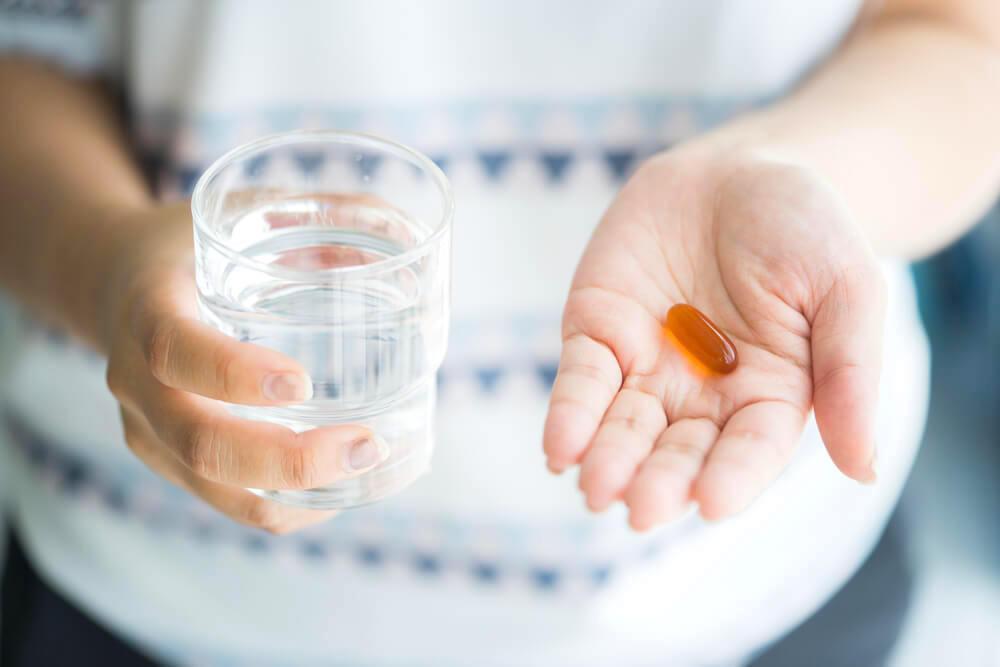
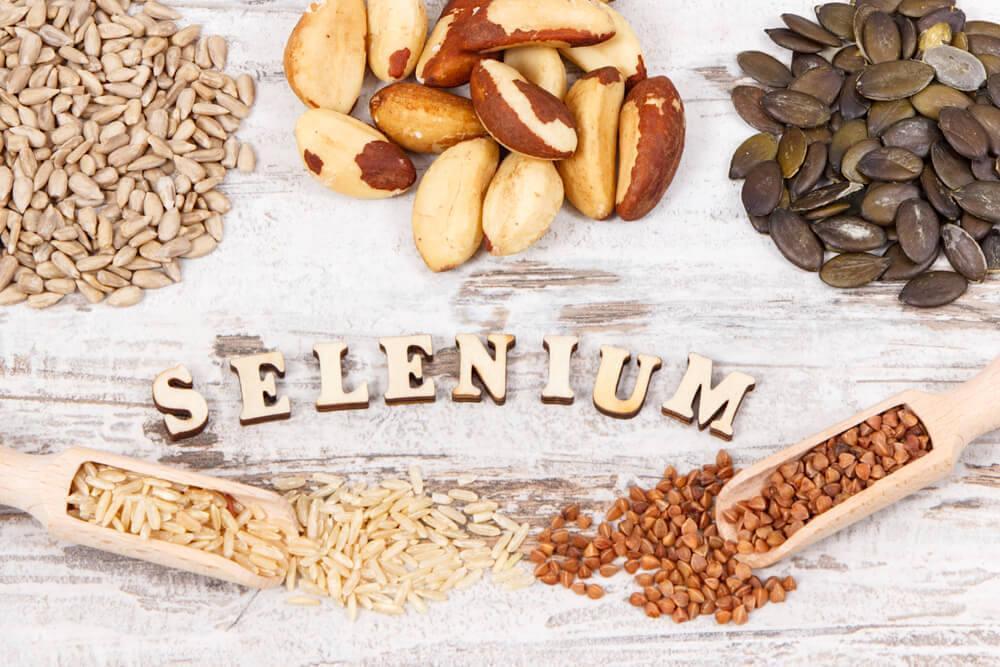
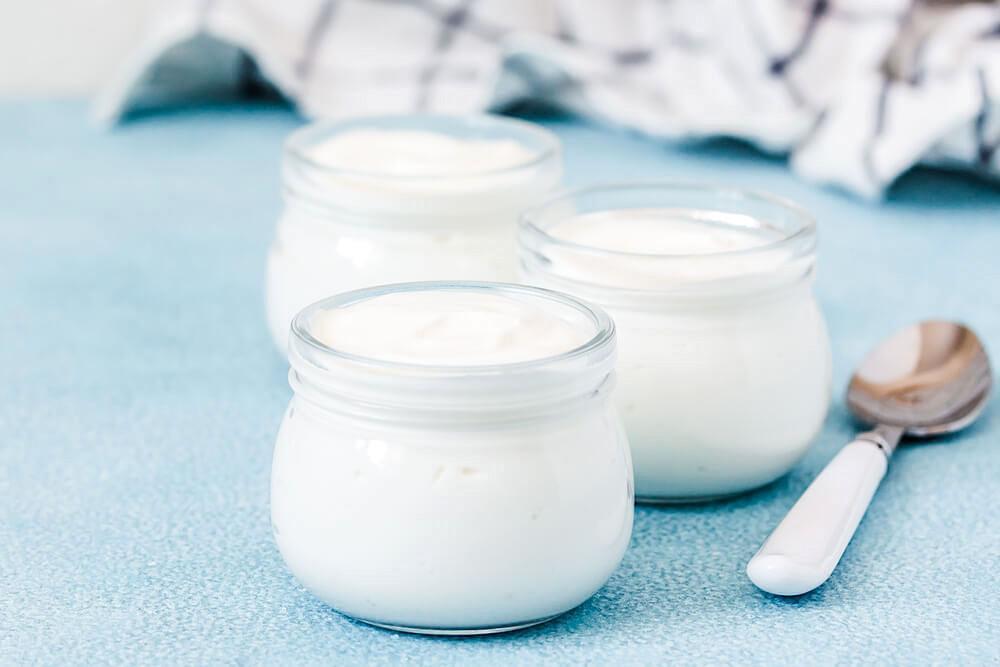
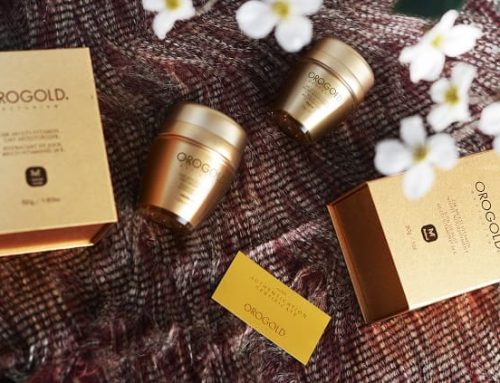
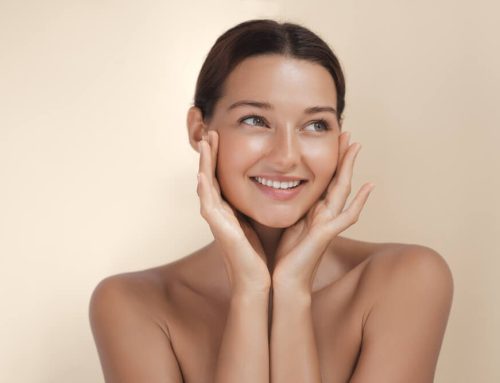


Leave A Comment